Japan PM Resigns, Race for Replacement Begins
Japanese Prime Minister Naoto Kan resigned Friday after enduring months of heavy criticism about his response to the March earthquake and tsunami and the subsequent nuclear crisis the natural disasters caused. By Saturday, five Japanese lawmakers were vying for the newly open position.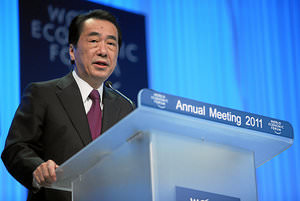
Japanese Prime Minister Naoto Kan resigned Friday after enduring months of heavy criticism about his response to the March earthquake and tsunami and the subsequent nuclear crisis the natural disasters caused. By Saturday, five Japanese lawmakers were vying for the newly open position.
The changing of the guard in Japan can be a lightning-fast process, politically speaking. On Monday, the ruling Democratic Party of Japan will vote for one of its five candidates, and because it holds the majority in parliament’s lower house, the winner will immediately be named prime minister.
The five candidates include Finance Minister Yoshihiko Noda, Trade Minister Banri Kaieda and former Foreign Minister Seiji Maehara, and after one full day of speeches and debate, no one candidate stood out as a clear leader.
If none of the candidates secures a majority of the votes, the top two candidates will go on for another round, making the process only a few days longer. –BF
Your support matters…Arab News:
The next leader must grapple with a resurgent yen that threatens exports, rebuild from the disaster, forge a new energy policy while ending the world’s worst nuclear crisis since Chernobyl, and find funds to pay for the bulging social welfare costs of an ageing society while reining in public debt already twice the size of the $5 trillion economy.
The impression that power struggles, not policies, are dominating the race risks further denting support for the Democrats, who swept to power in 2009 promising change. Their ratings have sagged due to policy flip-flops, indecision and charges of a bungled response to the disasters.
Independent journalism is under threat and overshadowed by heavily funded mainstream media.
You can help level the playing field. Become a member.
Your tax-deductible contribution keeps us digging beneath the headlines to give you thought-provoking, investigative reporting and analysis that unearths what's really happening- without compromise.
Give today to support our courageous, independent journalists.

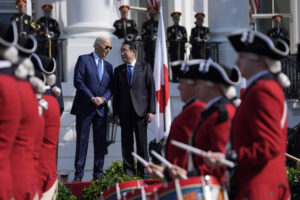
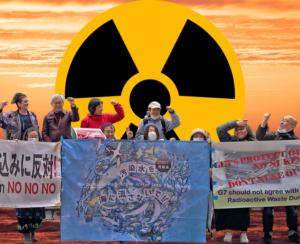
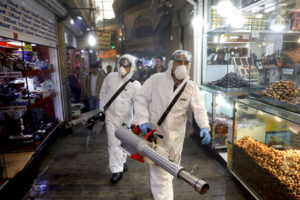
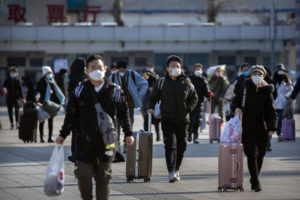




You need to be a supporter to comment.
There are currently no responses to this article.
Be the first to respond.